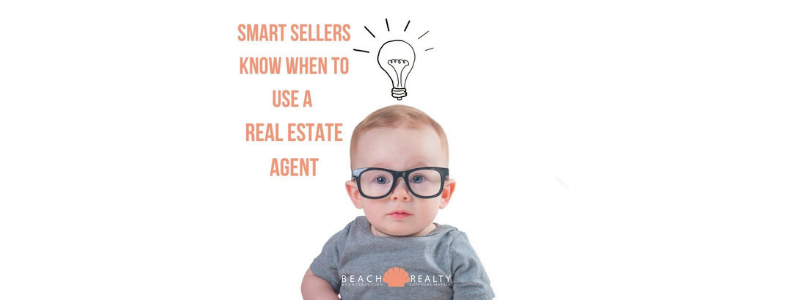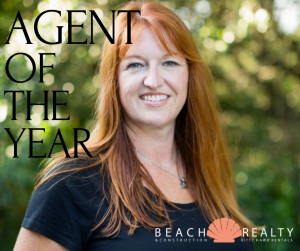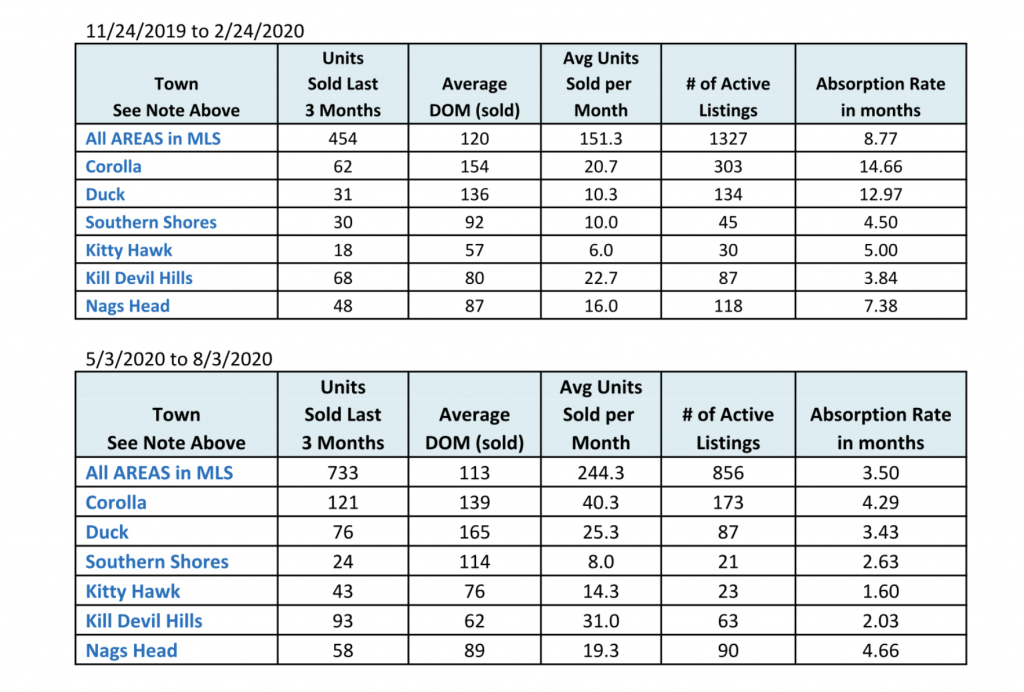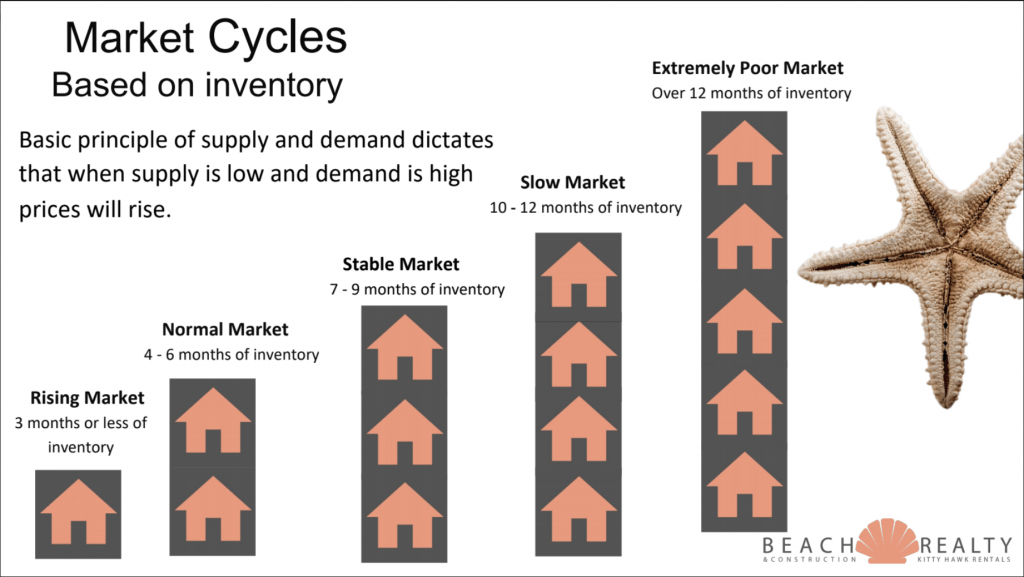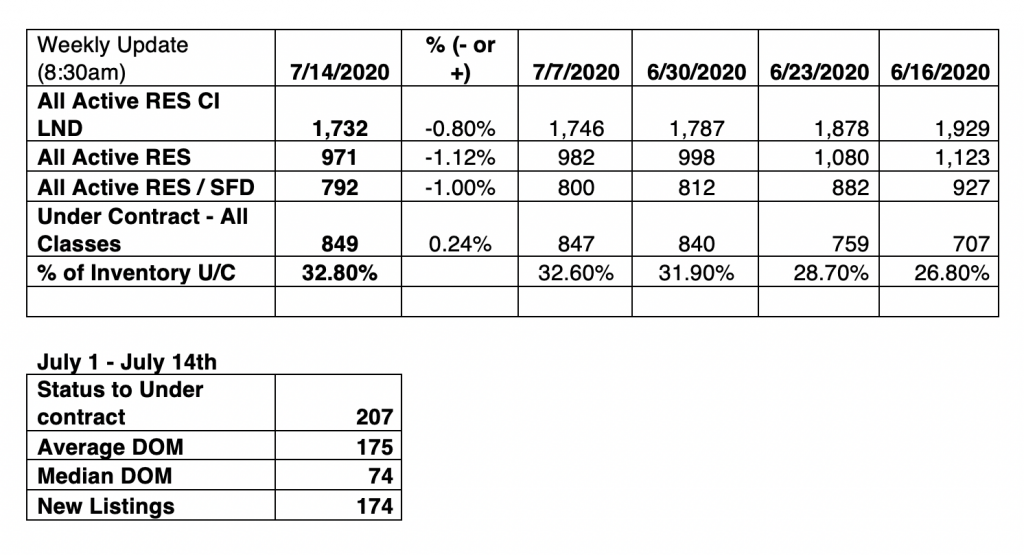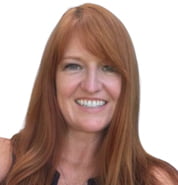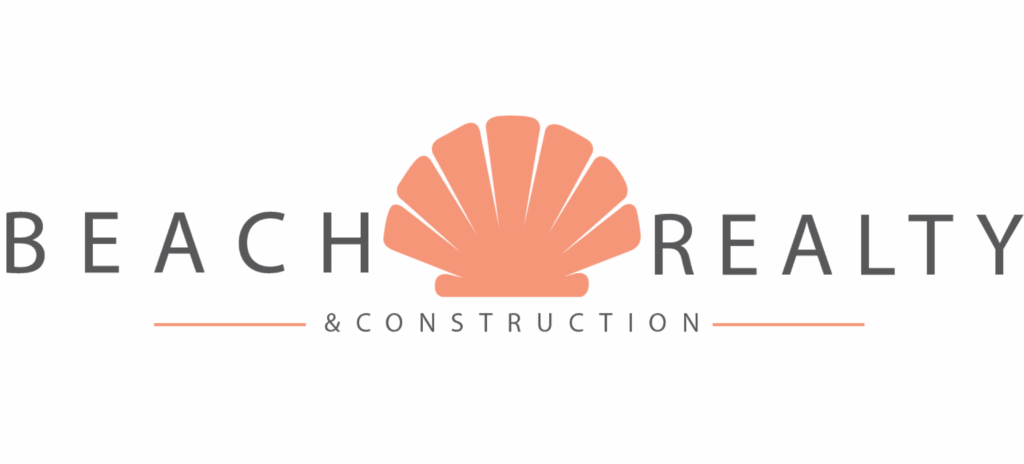Here’s a quick snapshot of what we’re dealing with as we look at current active inventory versus what is currently under contract.
| Active | Under Contract | Sold so far 2021 | ||
| Corolla | 38 | 119 | 132 | |
| Duck | 22 | 15 | 40 | |
| Southern Shores | 10 | 22 | 28 | |
| Kitty Hawk | 8 | 22 | 31 | |
| Kill Devil Hills | 12 | 57 | 101 | |
| Nags Head | 31 | 50 | 82 | |
*Source OBAR MLS for single-family homes only
I’ve been selling since 1997, and I’ve never seen anything like this. It’s very exciting to have so many people this dedicated to buy their beach dream home. It’s also a very challenging market! Despite what it looks like, finding the buyer is a very small percentage of what an agent does for a seller. With increased regulations, rules, financing challenges, and buyer expectations, having a good agent on your side, truly is instrumental to getting the transaction closed. If you have any questions about buying or selling in this market, please contact me.

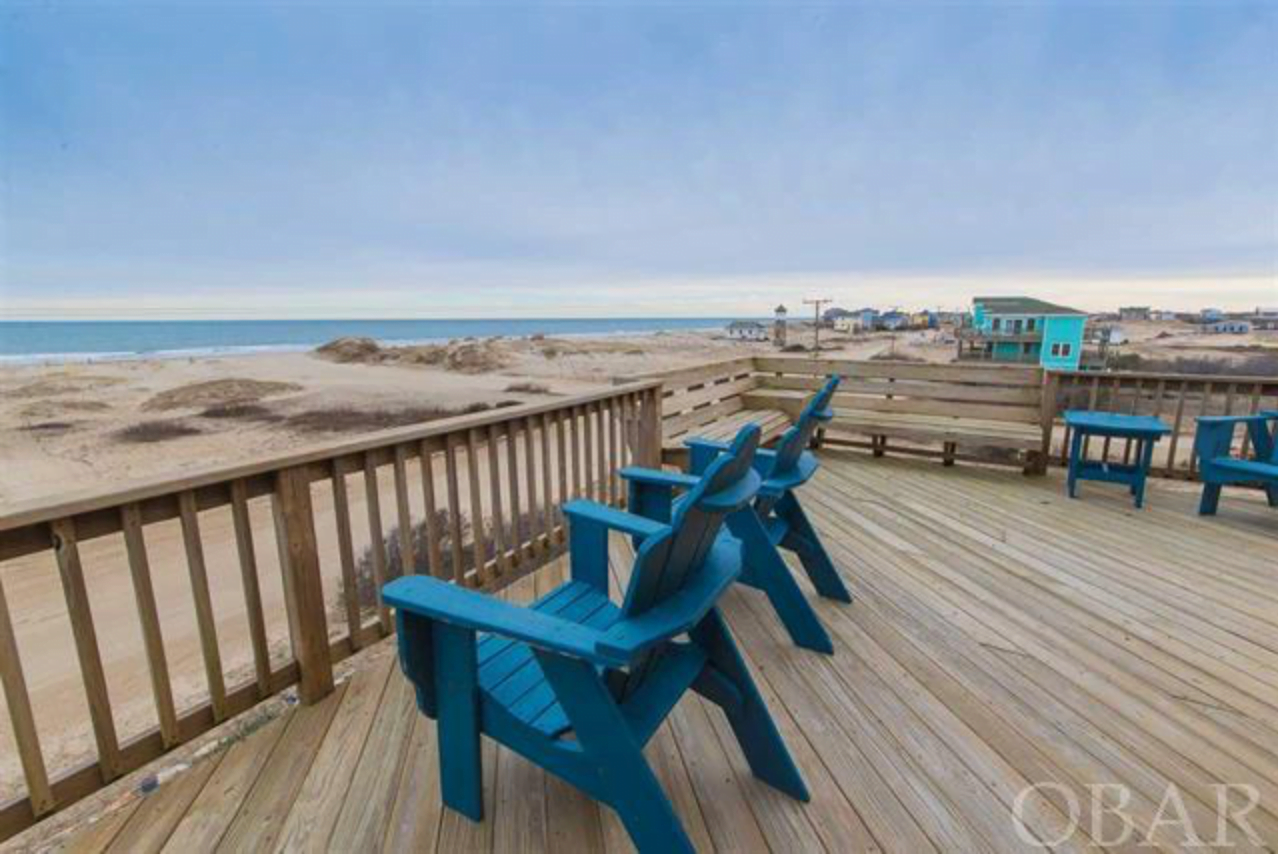
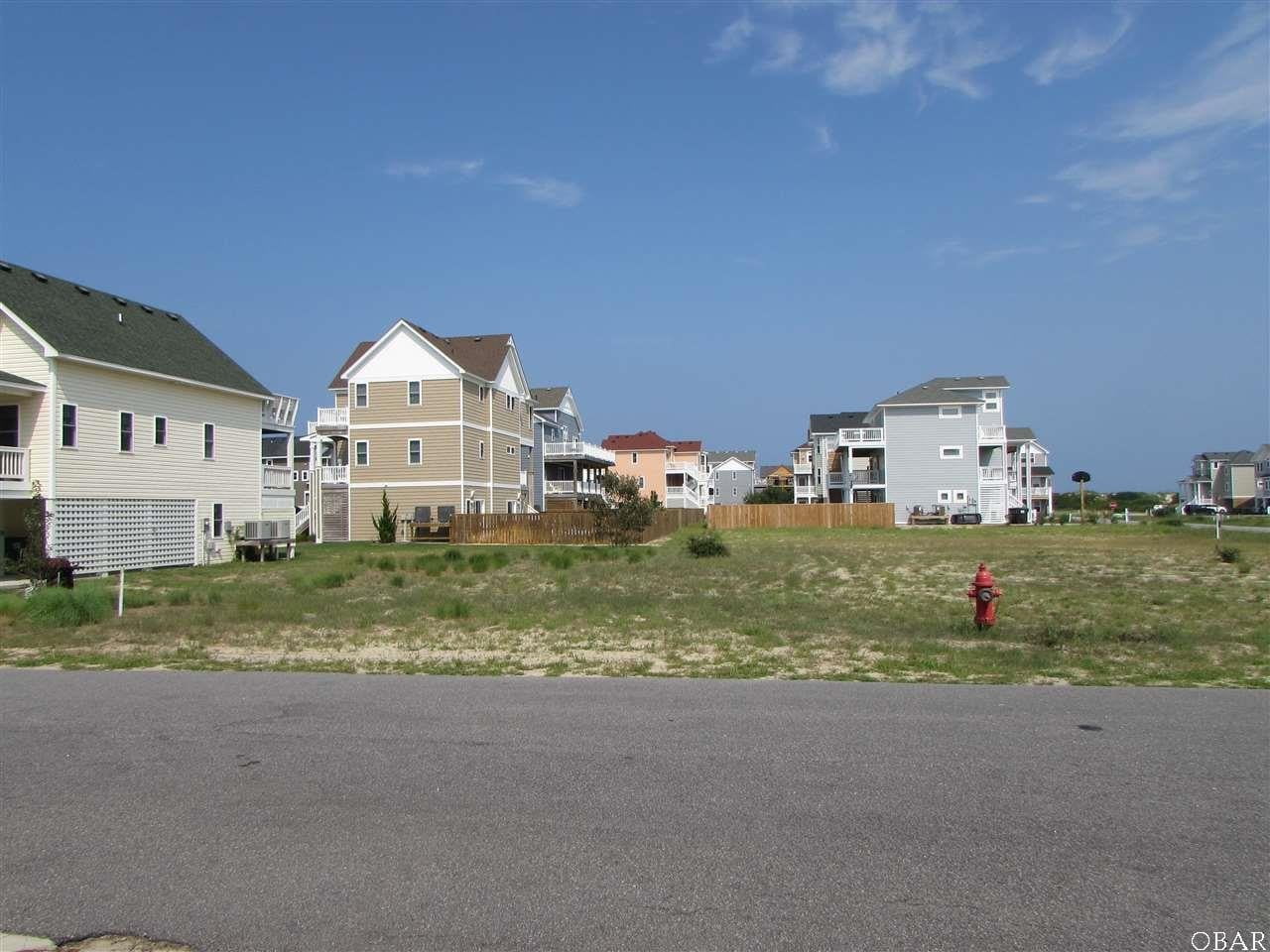 It’s no secret the real estate market on the Outer Banks is shifting. Even as we move into a seller’s market, keep in mind a majority of our home sales are secondary homes. This means more than 50% of our home buyers will spend up to 2 years searching for the right home. They can do that because they aren’t physically moving into the home.
It’s no secret the real estate market on the Outer Banks is shifting. Even as we move into a seller’s market, keep in mind a majority of our home sales are secondary homes. This means more than 50% of our home buyers will spend up to 2 years searching for the right home. They can do that because they aren’t physically moving into the home.